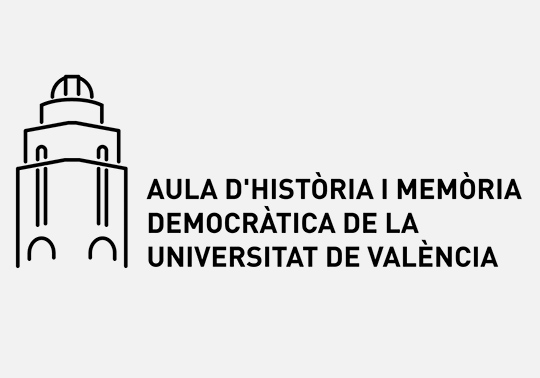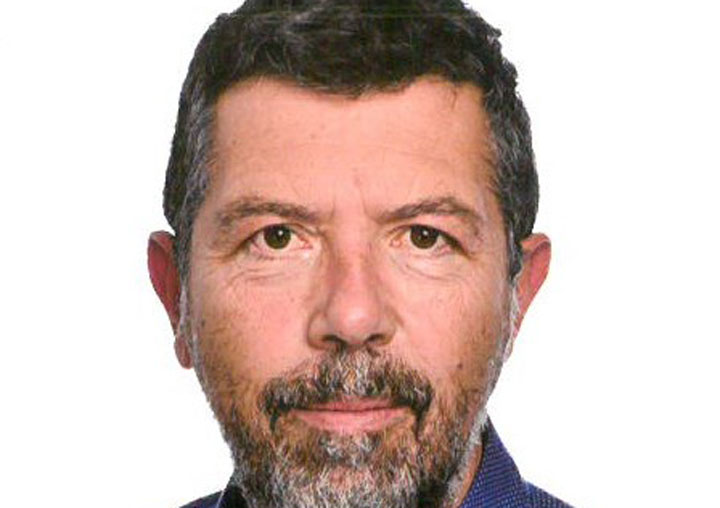The Universitat presents the Memory and Democratic History Club
- April 21st, 2016

On Friday, 22 April, the Universitat de València presents the Memory and Democratic History Club. The event, that will take place at 19 hours, will gather at the Cultural Centre La Nau Antonio Ariño, vice-principal for Culture and Equality; Manuel Alcaraz, councillor of Transparency, Social Responsibility, Participation and Cooperation; José García Añón, general director of Democratic Reforms and the full university professor of Contemporary History of the Universitat de València, Marc Baldó.
In addition to formally presenting the Club, it will organise the first conference, by Julián Casanova, full university professor of the University of Zaragoza and one of the most outstanding specialist on history and memory and also a referent in the research of the tumultuous European and Spanish history of the XX century. His conference is entitled ‘Historia y memoria de guerras y dictaduras’ (‘History and memory of wars and dictatorships’).
The Memory and Democratic History Club of the Universitat de València is part of the Office of the Vice-Principal for Culture and Equality and it is directed by Marc Baldó. It is created to coordinate and develop, from the university area, initiatives related to research, teaching and social dissemination of the history and memory of the periods of the Second Spanish Republic, Spanish Civil War, Franco Dictatorship and the Spanish Transition.
The Club gathers specialist professors from different university departments such as contemporary history, history of education, social sciences didactics and members from different research projects such as the Historical Studies Group for Democracy and Transitions to Democracy, and it is opened to include the university community interested in the history of the present.
Its aims are, firstly, to promote academic initiatives related to history and democratic memory, such as scientific and pedagogic conferences, sessions or seminars; there will also be important, in these scientific activities, specific problems related to fundamental research and documentary sources of the indicated period.
Secondly, the Club intends to promote dissemination activities of this research, though conferences, specific courses, workshops and other activities directed to university students and high school students and to the citizenship.
Finally, another aim of the Club is to collaborate with autonomic, provincial municipal or educational institutions, preparing reports or contributing to satisfy the cultural demands that can be set out, as well as providing advice about recent history, always with accuracy of history and democratic memory.
The Club will meet once a month will made its regulations and will prepare the development of all the activities it suggests.
















